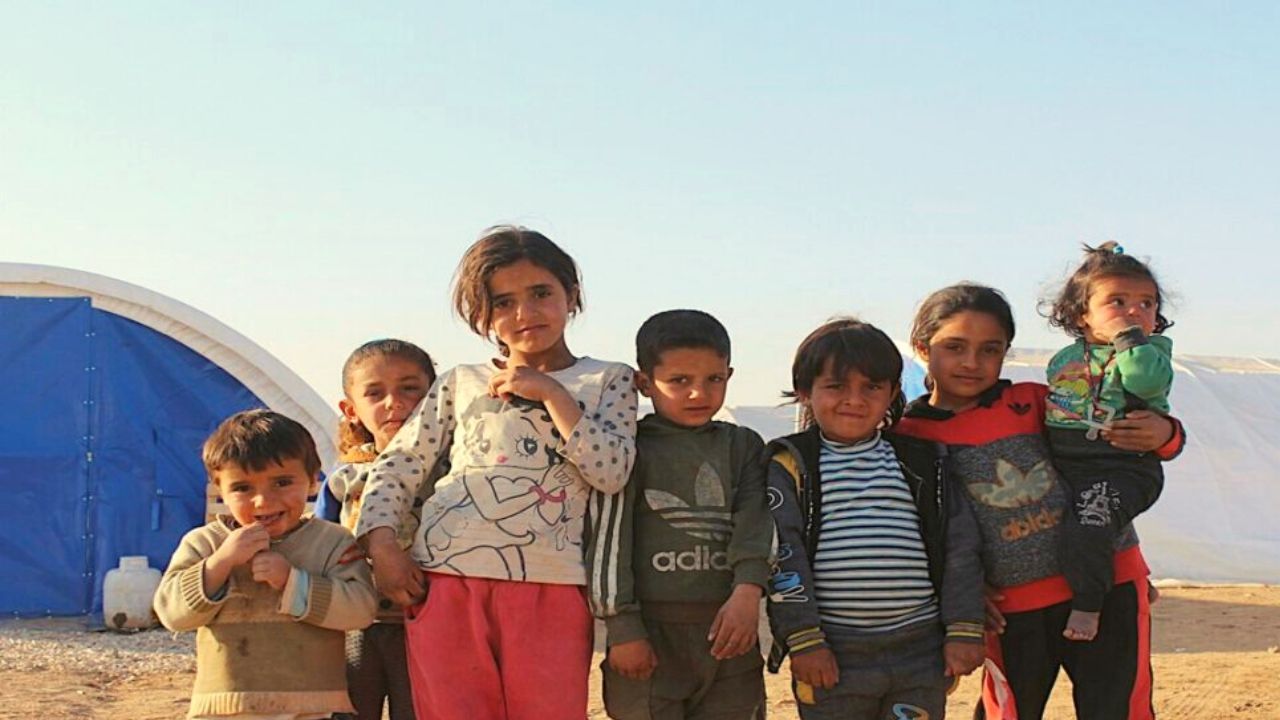Children are facing widespread racism and discrimination based on their ethnicity, language, and religion in countries across the world, a new report by UNICEF has revealed.
In an analysis of 22 low- and middle-income countries, children from marginalised ethnic, language, and religious groups lag far behind their peers in reading skills, Xinhua news agency quoted the report titled, ‘Rights denied: the impact of discrimination on children’, as saying.
According to the report, students between the age group of 7-14 from the most beneficial group are more than twice as likely to have foundational reading skills than those from the least beneficial group.
Discrimination and exclusion increase intergenerational deprivation and poverty. This results in poorer health, nutrition, including learning outcomes for children, higher likelihood of incarceration, higher rates of pregnancy among adolescent girls, and lower employment rates and earnings in adulthood, said the report released ahead of the World Children’s Day on November 20 each year.
Unicef Executive Director Catherine Russell on Friday said, “Exclusion and discrimination during childhood cause harm that can last a lifetime. This hurts us all. Protecting the rights of every child — whoever they are, wherever they come from — is the surest way to build a more peaceful, prosperous, and just world for everyone.”
“On World Children’s Day and every day, every child has the right to be included, to be protected, and to have an equal chance to reach their full potential,” Russell said that everyone has the power to fight discrimination against children — in our countries, our communities, our schools, our homes, and our own hearts. “We need to use that power.”
Related
Rabia Shireen is a Staff Reporter at The Cognate.










































